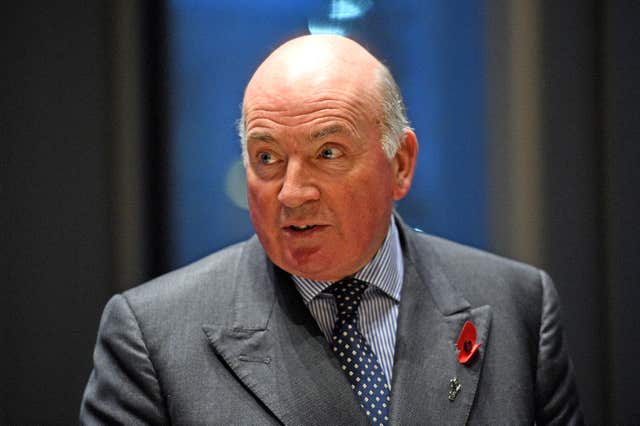Johnson puts Brexit delivery at heart of first Queen’s Speech
PM plans to rush through legislation ratifying any Brexit deal he manages to strike at this week’s EU summit in Brussels

Boris Johnson is to put the delivery of Brexit at the heart of his legislative programme to be set out on Monday in the first Queen’s Speech of his premiership.
It will include plans to rush through Parliament a Withdrawal Agreement Bill to ratify any deal he manages to strike at this week’s EU summit in time for Britain to leave on October 31, as he has long promised.
At the same time the Prime Minister pledged an “optimistic and ambitious” programme of domestic legislation which would again make the UK “the greatest place on earth”.
Government sources said it would include 22 Bills, with measures to support the NHS, tackle serious and violent crime, and to invest in science and infrastructure.
However, with no Commons majority, it is questionable how much, if any, of the proposed legislation ministers can get through Parliament before a general election.
Labour has dismissed the decision to hold a Queen’s Speech before the country goes to the polls as a “cynical stunt” and “a pre-election party political broadcast” for the Tories.
Shadow Brexit secretary Sir Keir Starmer said that if Mr Johnson does manage to get a deal at the two-day EU summit starting on Thursday Labour will try to force him to put it to the voters in a new referendum.
Such a move could pose a serious headache for the Government.
The last Commons attempt to hold a second referendum was defeated by just 12 votes and since then Mr Johnson has seen his majority wiped out with the withdrawal of the whip from 21 Brexit rebels.

With hopes of a deal rising, the Prime Minister will update the Cabinet on progress in the Brexit talks – which have been continuing in Brussels over the weekend – in a conference call on Sunday.
After the EU’s chief negotiator Michel Barnier gave the green light for intensive negotiations to start on Friday, No 10 sources stressed they were still “a long way” from a final agreement.
“It is good to see progress, but we will wait to see if this is a genuine breakthrough,” one source said.
“We are a long way from a final deal and the weekend and next week remain critical to leaving with a deal on October 31. We remain prepared to leave without a deal on October 31.”
Mr Johnson, meanwhile, was keen to focus on his domestic agenda, promising a Queen’s Speech that will “get this country moving again”.
“The people of this country don’t just want us to sort out Brexit,” he said.
“They want their NHS to be stronger, their streets safer, their Wifi faster, the air they breathe cleaner, their kids’ schools better-funded – and this optimistic and ambitious Queen’s Speech sets us on a course to make all that happen, and more besides.
“After one of the least-active parliaments in living memory, the proposals we are bringing forward will get this country moving again.
“This is a Queen’s Speech that will deliver for every corner of the UK and make this, once again, the greatest place on earth.”
The measures include a new Environment Bill setting legally binding targets to reduce plastics, restore biodiversity, improve water quality and cut air pollution.

There will also be Brexit-related legislation intended to establish a “fair” immigration system, ensure faster access to new medicines and to open up markets.
Specific measures include:
– Immigration and Social Co-ordination (EU Withdrawal) Bill to end freedom of movement and introduce a points-based immigration system from 2021.
– Railway reform with a white paper setting out proposals to overhaul the current system of franchising and creating a new commercial model.
– Building safety standards with the establishment of a new regulator with powers to impose criminal sanctions for breaches of building regulations.
– NHS Health Investigations Bill will create a new independent body with legal powers to ensure patient safety.
– Mental health reform to reduce the number of detentions under the Mental Health Act by ensuring more people get the treatment they need.
However there was anger after it emerged that an expected Bill to protect military veterans of the Northern Ireland Troubles from repeated investigations into alleged historical offences appeared to have been dropped.
The former head of the Army, General Lord Dannatt, said it was “unacceptable” that large numbers of former soldiers still faced the risk of prosecution years after they had left the service.
“It is a really major issue here which the Government has got to address,” he said.





